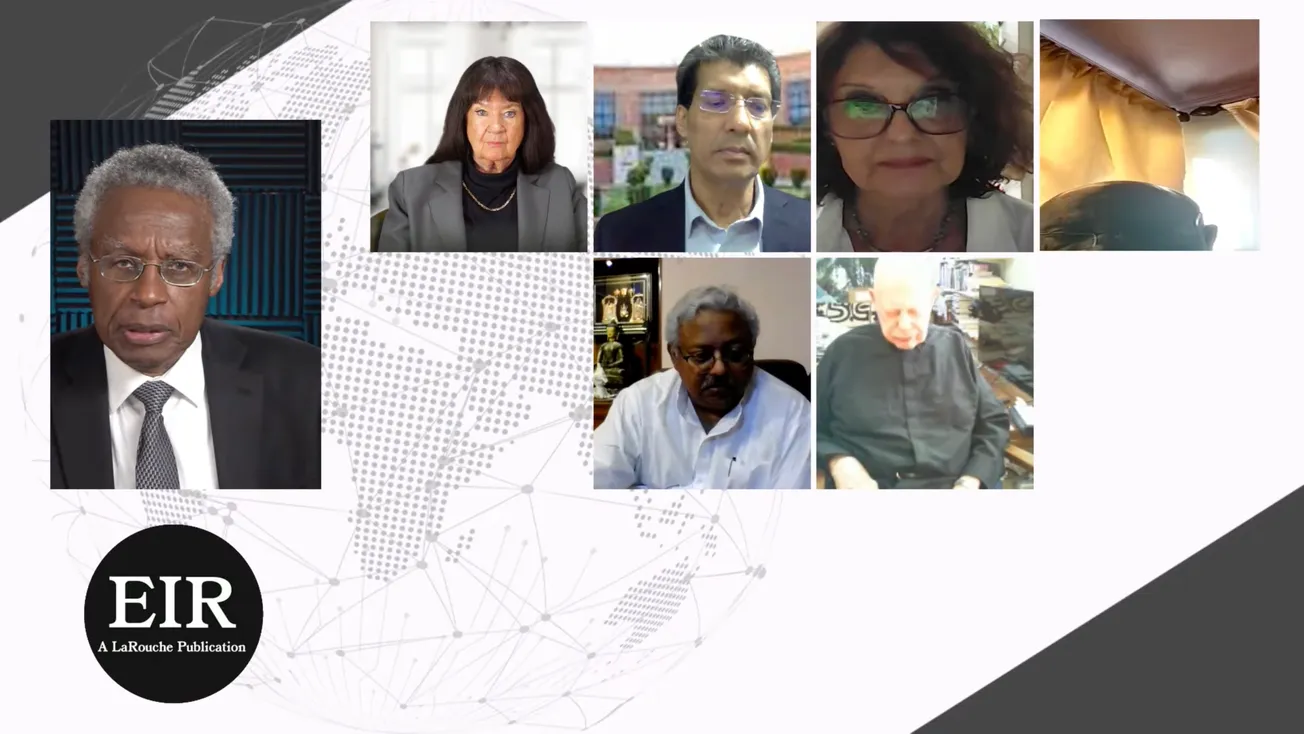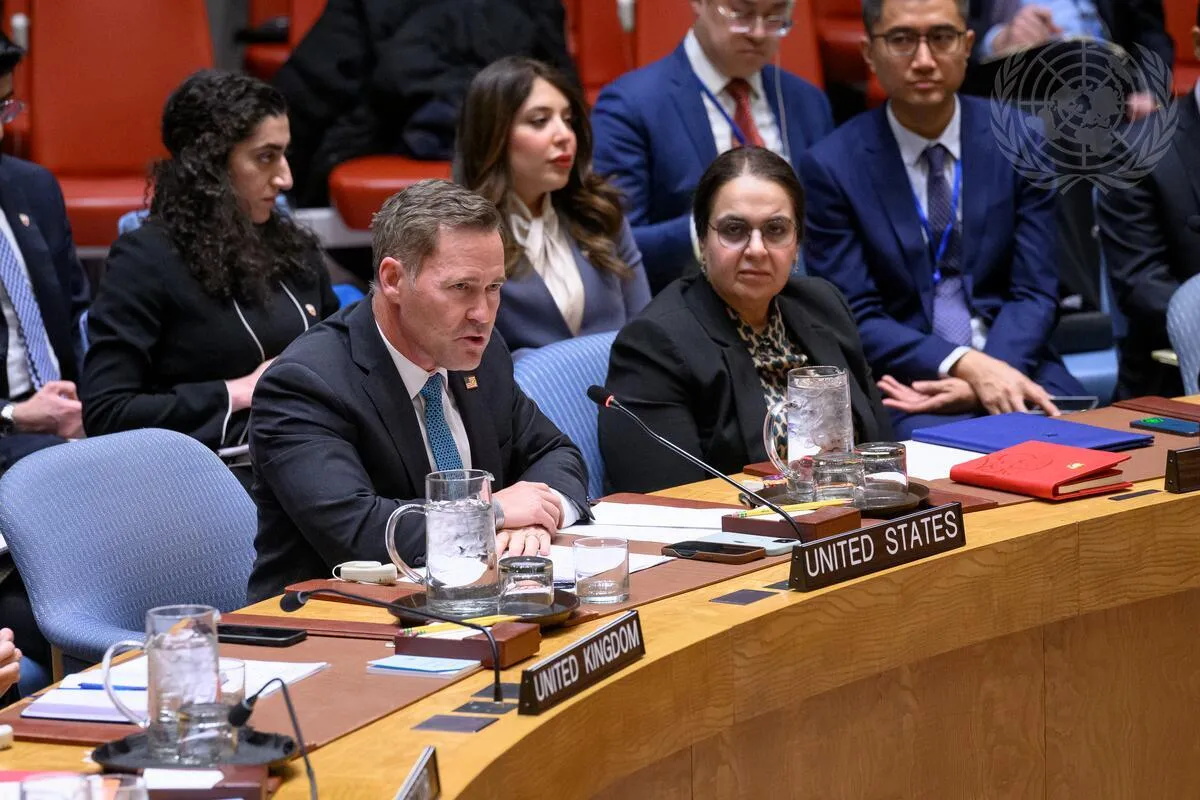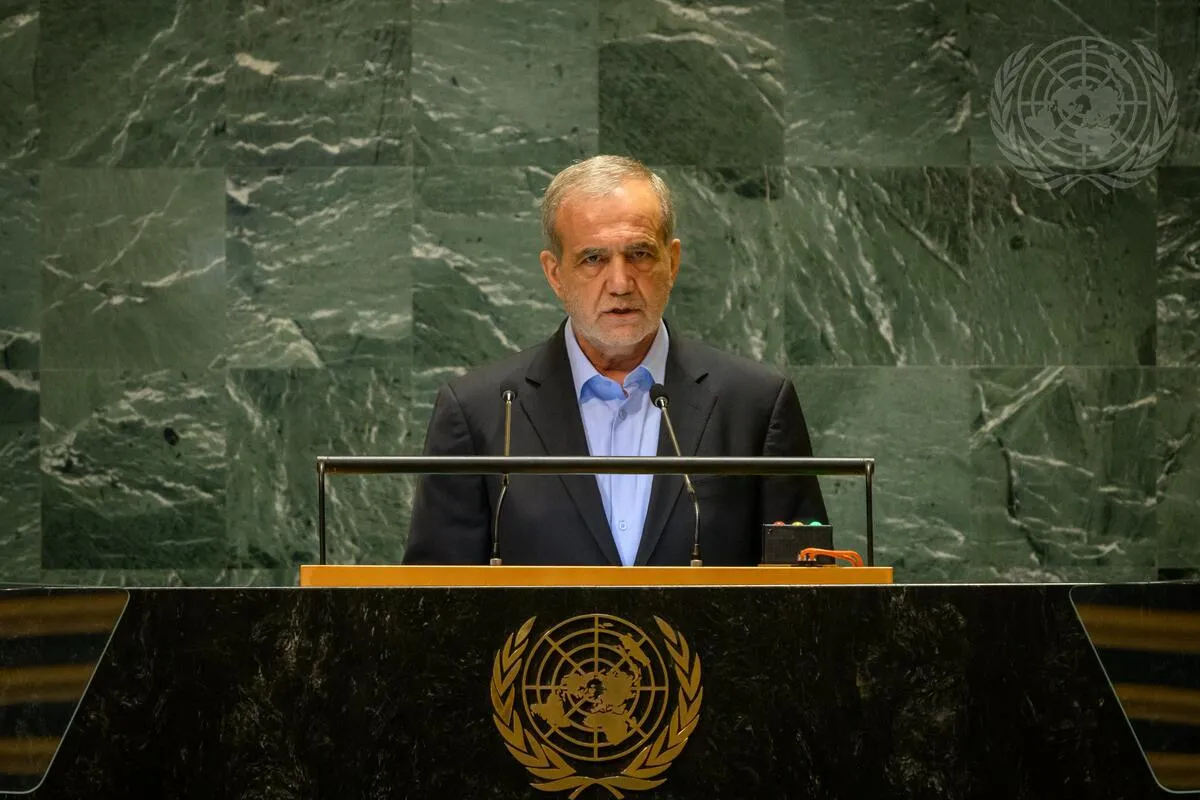On April 25, 1945, eighty years ago, Allied and Soviet forces met at the Elbe River in Torgau, Germany, East meeting West, cutting through Nazi lines after years of brutal warfare. A brass plaque near the meeting place reads:
“The World War II Link-up of Allied and Soviet Forces occurred here on April 25, 1945, with units of the United States 69th Infantry Division, and the U.S.S.R. 58th Guards Division, 1st Ukrainian Front.
“This resulted in creating the ‘SPIRIT OF THE ELBE’ dedicated to the peoples of all nations resolving their differences without war, and should be an eternal beacon to light the future courses of all Nations working together for the mutual benefit of all people.”
In April 2020, U.S. President Trump and Russian President Putin issued a joint statement on the 75th anniversary of that Elbe meeting, which states: “The ‘Spirit of the Elbe’ is an example of how our countries can put aside differences, build trust, and cooperate in pursuit of a greater cause. As we work today to confront the most important challenges of the 21st century, we pay tribute to the valor and courage of all those who fought together to defeat fascism. Their heroic feat will never be forgotten.”
Human history is made—and seemingly impossible things happen—when people, even otherwise flawed people, are inspired by the possibility of creating something greater than themselves. This gives immortal meaning to the individual mortal life and is the means by which a fundamentally different and more perfect future makes its way into the present.
Friday’s meeting in Moscow between U.S. Special Envoy Witkoff and Russian President Putin, seen positively by both sides, and Saturday’s third round of negotiations between U.S. and Iranian representatives are crucial steps away from geopolitical conflict and toward an ability to resolve our differences without war.
The situation remains tumultuous, however. The troglodytes of the imperial system are in no hurry to cede control over world affairs, as seen in the stoking of conflict in the India-Pakistan border region of Kashmir, which British imperial think tank Chatham House gloats “will renew hostilities between India and Pakistan,” and in IMF Managing Director Kristalina Georgieva’s threat that the Argentines had better vote for Milei’s party in the October elections in order to not “derail the will to change,” i.e., cut to the bone.
True to natural law, wrong and evil ideas cannot last, and this system of geopolitics and war will destroy itself. It is being rejected by more and more of the world’s population, as seen in the 10,000 person demonstration in Tel Aviv on April 23 in memoriam of Gaza’s 18,000 children, and in the growing collaboration between nations of the Global South and the BRICS nations, accelerated by the foolish U.S. tariff policies.
The world is hungry for ideas to form a new kind of future, a just future, for humankind. Justice is not the righting of past wrongs, at least not primarily. Justice is creating, out of an unjust situation, something more noble, something which allows all parties to participate in that which makes us uniquely human, together, for the mutual benefit of all mankind.
It is no surprise, then, that more and more around the world are turning to the ideas of Lyndon LaRouche and of the Schiller Institute. LaRouche’s proposal for the Oasis Plan was front-page discussion in one of the largest Egyptian daily newspapers, and a growing number of leaders, including youth, are collaborating with Helga Zepp-LaRouche’s International Peace Coalition to put the solutions on the table.







